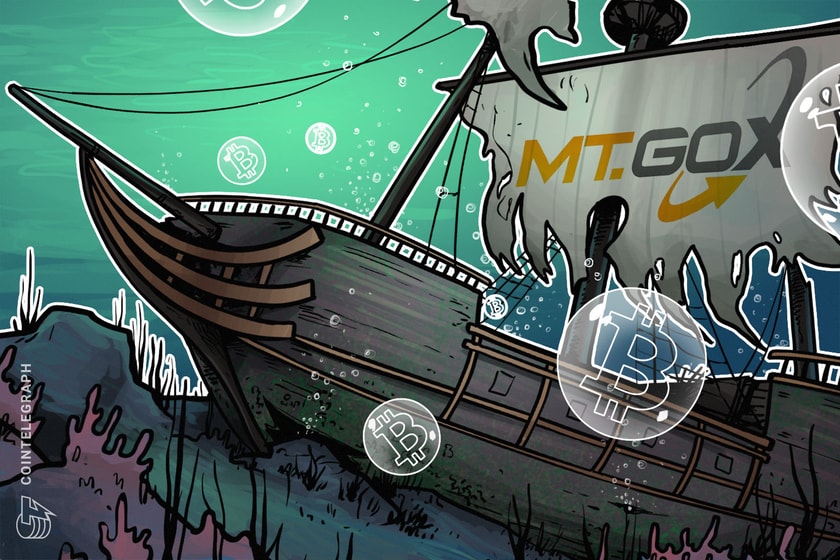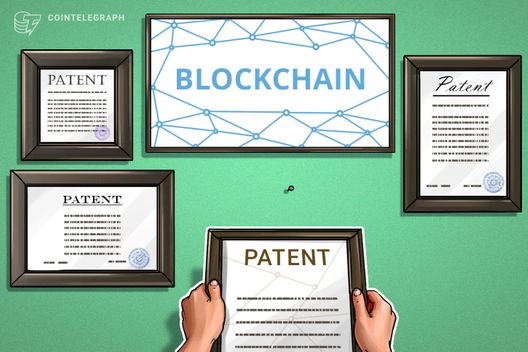Stellar blockchain remittance corridor to power Thailand–Europe payments
The new cross-border remittance corridor will be hosted on the Stellar blockchain and serve around 600 million customers.
1031 Total views
5 Total shares

Cross-border remittance currently stands as one of crypto’s best use cases that will thrust it into mainstream finance. Running parallel to this trend, a new partnership between Velo Labs and two financial institutions has now resulted in a $17-billion remittance corridor between Europe and Thailand.
Using Velo Labs’ blockchain-based financial protocol, local financial institutions Tempo Payments and Bitazza will host the cross-border remittance service, connecting Thailand and 27 European countries.
The corridor will be hosted on the Stellar blockchain and will make use of Velo tokens and Velo digital credits for the on-chain transactions. The new corridor will be serviceable for around 600 million customers across the Southeast Asian nations and Europe.
The announcement said that all three partner companies intend to deliver a faster and cheaper money transfer option “by relying on their respective networks.”
Related: Thailand’s central bank warns against using digital currencies for payments
Just last month, the Bank of Thailand (BOT) issued a warning against crypto holdings, citing risks including money laundering, theft and price volatility.
The BOT also raised concerns about the widespread use of crypto, asking users to avoid paying in crypto for goods and services. The BOT also plans to involve agencies such as the Securities and Exchange Commission “to ensure that they (digital assets) do not pose extensive risks to the general public or the economic and financial system.”









